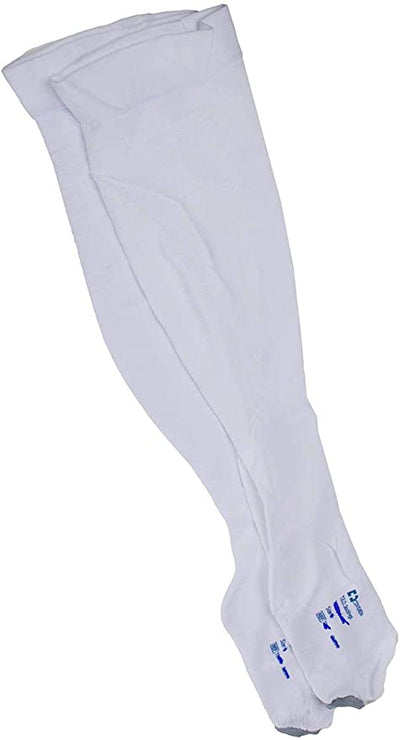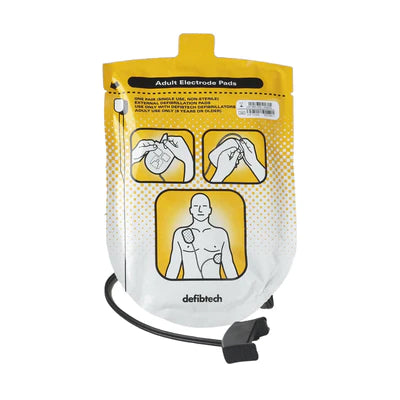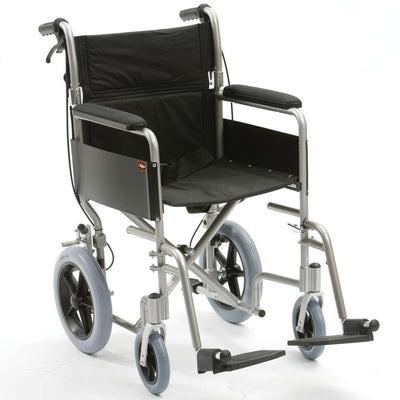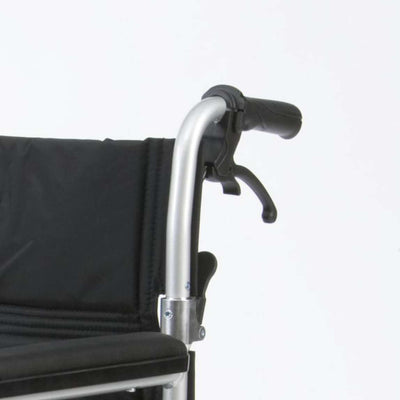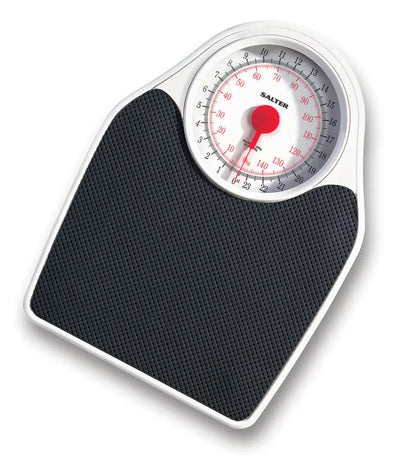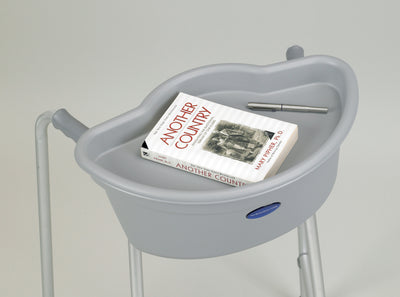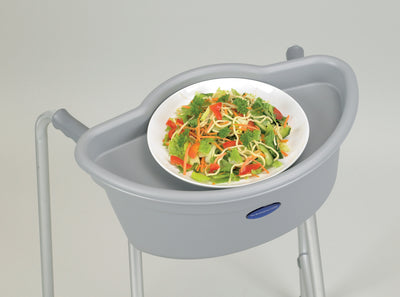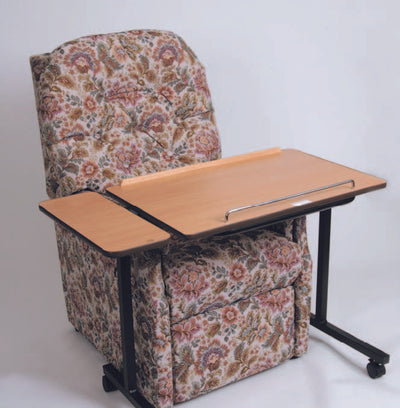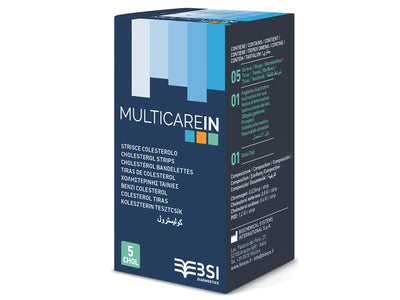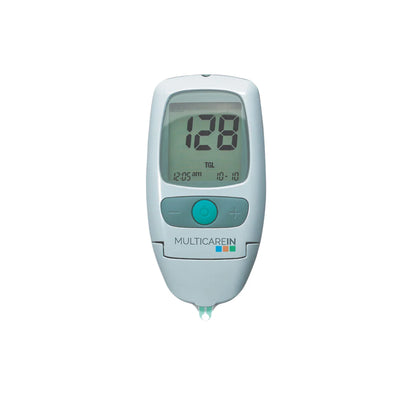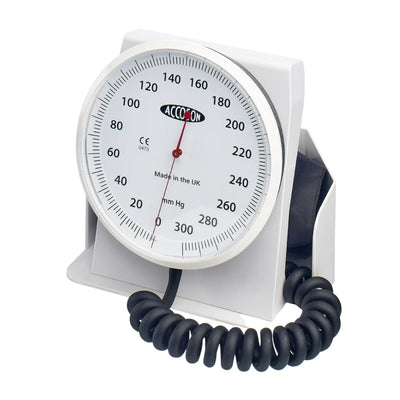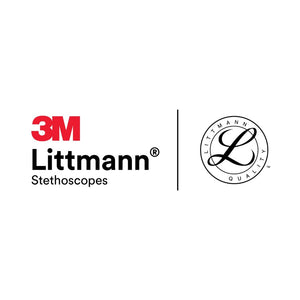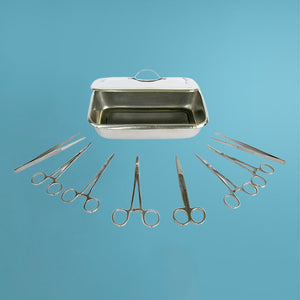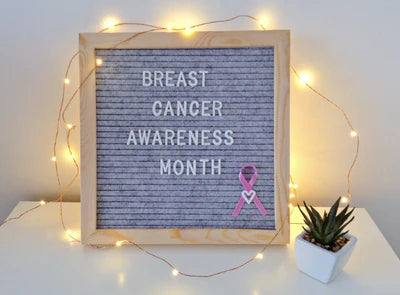While there is no guaranteed way of preventing breast cancer, the good news is that there are several things you can do to try to lower your likelihood of developing the disease. In fact, 30% of breast cancer cases are preventable by making some relatively simple changes to your lifestyle.
We, at Mediworld, are joining the global community this month to promote awareness and support in the fight against breast cancer. Despite the fact that breast cancer is one of the most common types of cancer, there are some straightforward actions you can take to minimise your risk.
Maintain a Healthy Weight
If you’re overweight or obese, your risk of breast cancer increases. The more weight you gain, the greater your risk becomes.
For women, after menopause, your estrogen levels will largely be sourced from fat tissue in your body. More fat tissue equals more estrogen and insulin. Higher estrogen and insulin levels after menopause, sadly, lead to a raised risk of developing breast cancer.
Losing even a small amount of weight can help to lower your risk, as well as bringing other great health benefits.
Keep Physically Active
Studies have shown that regular physical activity, of at least 150-300 minutes of moderate exercise per week, can actively reduce your risk of breast cancer.
What is moderate exercise? A brisk walk, mopping the floor or washing the car, taking the stairs instead of the lift, swimming or gently cycling all constitute moderate exercise. If you can talk in short sentences while doing the activity but would struggle to sing, for example, you are probably taking part in moderate exercise.
Otherwise, 75-150 minutes of intense exercise or activity is also recommended perhaps for the fitter people amongst us. Speaking during intense activities would be much more difficult - so you might be running, doing aerobics, lifting weights or taking a boxing class for example.
Whatever activity you incorporate you should also aim to limit sedentary behavior such as sitting, lying down, watching TV, and other forms of screen-based entertainment. This is especially important if you spend most of your working day sitting. The bottom line is you need to move around more throughout the day to help reduce your risk of breast cancer and many other health and lifestyle limiting conditions.
Reduce Alcohol and Tobacco
It goes without saying that quitting smoking is good for your health. Smokers are exposing themselves (and others) to toxic chemicals that have been connected with the development of cancer, including breast cancer. In addition, smokers have been found to have a much-reduced response to breast cancer treatments like radiotherapy and post surgery recovery.
Alcohol also increases the risk of breast cancer in women and heavy drinking may increase the risk in men. In the UK it is estimated that 8% (around 4,400) of female breast cancer cases are linked to alcohol consumption.
All alcoholic drinks - wine, beer or spirits - contain ethanol, which is the chemical that causes the harm and risk associated with alcohol-related breast cancer. Ethanol increases the density of the breasts which is a key factor in increased breast cancer risk.
Reducing your alcohol intake to zero might be difficult for some, but drinking in very light moderation and never in binges will go some way to reducing your risk if you have previously been a heavier drinker.
Check your breasts regularly
Women should be checking their own breasts once a month to get to know what is normal for them, and to help identify when something unusual, a lump or discoloration for example, might have appeared. Women should perform a breast examination 7-10 days after their menstrual period starts, when their breasts are the least tender and lumpy. For women who are no longer menstruating, they should pick a day of the month to check themselves and make it a regular date in their diary.
During your check, you want to look out for any changes such as dimpling or puckering of the breast, inversion, redness or scaliness of the nipple, discharge from the nipple and/or any palpable lumps you might feel.
If you do discover a persistent lump in your breast or any changes you should immediately have it checked out by your GP who will be able to send you for a further, specialist examination or mammogram. Thankfully 8 out of 10 lumps are benign but every one of them should be checked, regardless.
Mammograms - In the UK women between the ages of 50 and 71 will be invited to have a mammogram every 3 years. Keeping up with this screening is an incredibly important way of ensuring that your breasts are checked for cancer risk factors, and for identifying any cancerous cells that may grow early which will have a better chance of being successfully treated.
If you have been identified as having a higher risk of breast cancer, say if a close family member has had the disease, you may well be on a screening programme from an earlier age. You may want to consult your GP to discuss this if you have any concerns.
Need more help? We're always here to help so get in touch today.
For all your Medical and Homecare supplies give us a call at Mediworld.
We have over 40 years experience in medical, surgical, mobility and home health supplies and we're always on hand to chat if you need support or advice and don't forget to read our other great health blogs!
October 2022
